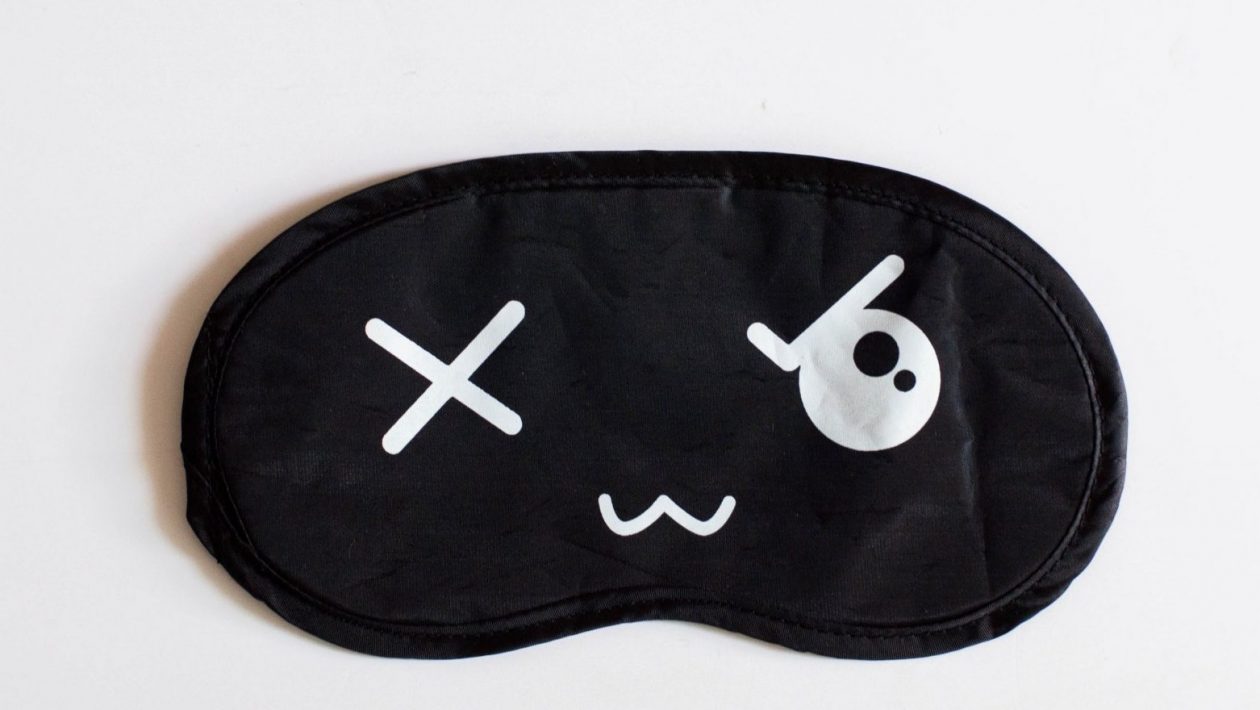So, how did they conduct the study to find this out?
The researchers recruited 138 people to participate in the overnight sleep assessment: 77 stayed awake all night and 61 went home to sleep.
All participants took two separate cognitive tasks in the evening: one that measured reaction time to a stimulus; the other measured a participant’s ability to maintain their place in a series of steps without omitting or repeating a step – even after sporadic interruptions.
The participants then repeated both tasks in the morning to see how sleep-deprivation affected their performance.
“After being interrupted there was a 15% error rate in the evening and we saw that the error rate spiked to about 30% for the sleep-deprived group the following morning,” Stepan explained. “The rested participants’ morning scores were similar to the night before.
“There are some tasks people can do on auto-pilot that may not be affected by a lack of sleep,” Fenn added. “However, sleep deprivation causes widespread deficits across all facets of life.”
